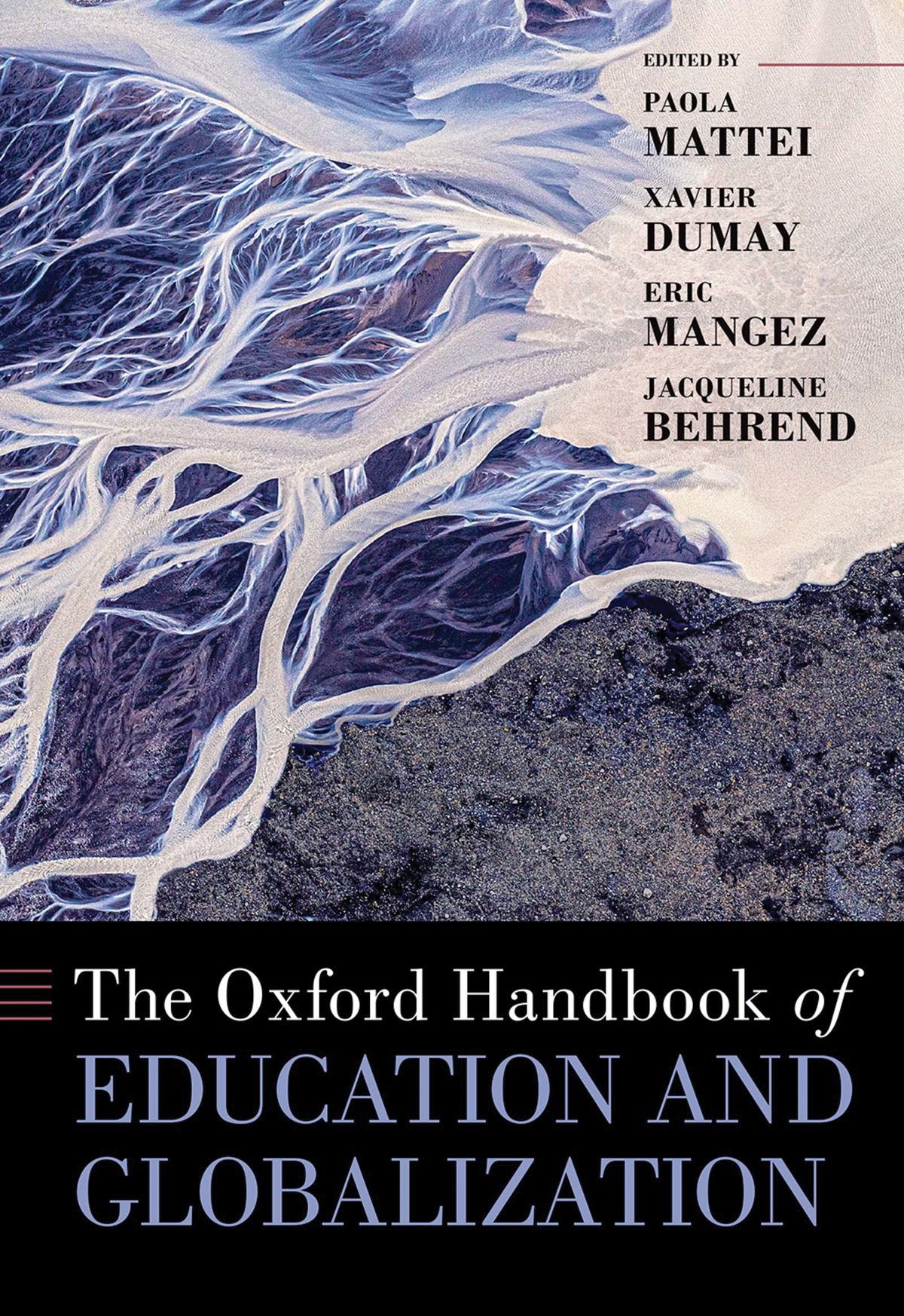

Most ebook files are in PDF format, so you can easily read them using various software such as Foxit Reader or directly on the Google Chrome browser.
Some ebook files are released by publishers in other formats such as .awz, .mobi, .epub, .fb2, etc. You may need to install specific software to read these formats on mobile/PC, such as Calibre.
Please read the tutorial at this link: https://ebookbell.com/faq
We offer FREE conversion to the popular formats you request; however, this may take some time. Therefore, right after payment, please email us, and we will try to provide the service as quickly as possible.
For some exceptional file formats or broken links (if any), please refrain from opening any disputes. Instead, email us first, and we will try to assist within a maximum of 6 hours.
EbookBell Team

4.3
98 reviewsPart I of this Handbook is dedicated to presenting, discussing, and comparing three such theories of globalization and their implications for our understanding of education and education policy. Comparative politics has for its part concerned itself with developing a more complex, less unified, and “transformationalist” view of the state by acknowledging the fragmentation and distribution of its functions among distinct domains and levels.
Part II gravitates around this global constellation, with chapters focusing on global reforms, norms, and ideas put forward by supranational organizations, on international accountability processes and on the ways in which nation states or local actors adopt, implement, or resist global ideas and reforms. The two parts reflect these disciplinary approaches to the relation between globalization and education.
Together, these two approaches seek to provide a comprehensive overview of how globalization and education interact to result in distinct and varying outcomes across world regions.